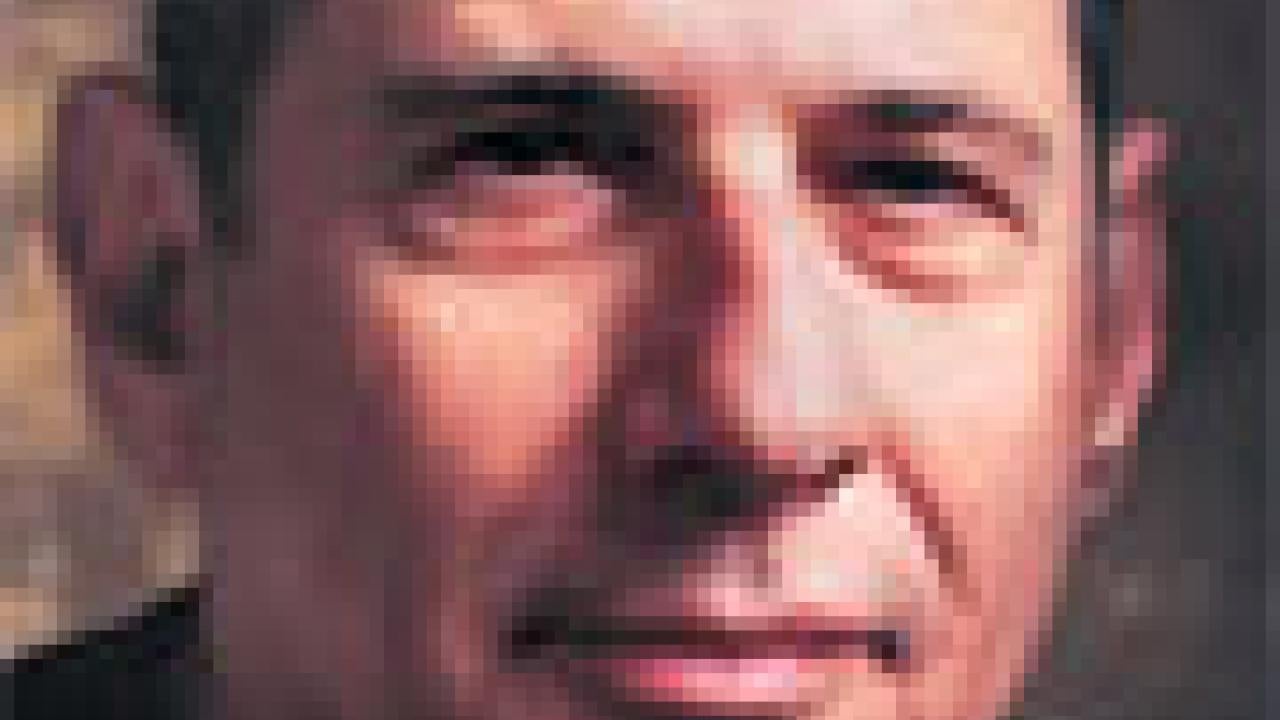UC Davis political scientist Donald Rothchild, who devoted his long career to working on ethnic and civil strife in the world, died Tuesday, Jan. 30, due to complications from lymphoma. He was 78.
Born in New York City on Aug. 11, 1928, Professor Rothchild first developed his passion for world peace as a young teen observing World War II and the Holocaust unfold. Later, as he witnessed racial inequality as a world phenomenon, Rothchild decided to focus on Africa.
During his nearly 50-year career, Rothchild developed the reputation as a political scientist who crafted meaningful solutions to problems that societies face, focusing on civil and ethnic conflicts. Most recently, he was instrumental in helping world leaders understand how civil conflicts spread, using as examples countries and regions in Europe and Africa.
"He contributed to our knowledge of how bargaining and negotiation can help resolve conflict and how positive incentives can be used to control ethnic violence," said Miroslav Nincic, a UC Davis colleague who studies international relations.
Although he was a member of the UC Davis Department of Political Science since 1965 -- and still active as a teacher and researcher when most have retired -- Rothchild developed an international following among policymakers and politicians through his many stints at top-level think tanks and universities.
"Don was present in Washington in a variety of ways," Nincic said. "He was a guest researcher at the Brookings Institute as well as the U.S. Institute of Peace. He was also a teacher at the School of Advanced International Studies of Johns Hopkins, where policy practitioners from all over the world come to study."
Throughout his career, Rothchild was awarded Fulbrights and Rockefeller grants to join the faculties at various African universities: the University of Nairobi; University of Ghana; Makerere University, Kampala, Uganda; and the University of Zambia. He also participated in United Nations conferences and was on the editorial boards of several academic journals.
Named a University of California Distinguished Professor in 2003, Rothchild received numerous honors and awards, ranging from being named a peace fellow in the Jennings Randolph Program for International Peace for the U.S. Institute of Peace to being awarded a Carnegie Foundation of New York grant to set up workshops on power-sharing and peacemaking. He was named the 1996-97 UC Davis Faculty Research Lecturer.
Rothchild was a prolific author and editor, with more than 20 books listed on his curriculum vitae, many dealing with managing ethnic conflicts and civil wars in Africa. He most recently co-edited the 2006 book "Africa-US Relations: Strategic Encounters."
Rothchild's colleagues remember him as a significant influence in the UC Davis Department of Political Science.
"I never knew anyone in my lifetime and acquaintance who fulfilled the professorial role more completely, more honorably and with greater sustained excellence and distinction than Donald Rothchild," said UC Davis Professor Emeritus Alexander Groth. "As a scholar, teacher and citizen, he personified the academic role model."
Revered by many generations of undergraduates and graduate students, Rothchild made significant contributions to UC Davis education, pointed out Robert Huckfeldt, department chair.
Rothchild graduated with a political science degree from Kenyon College in Ohio in 1949 and then entered the military for two years during the Korean conflict. He met his wife, Edith, on a blind date while stationed near Norfolk, Va. After leaving the military, the couple moved to UC Berkeley where Rothchild obtained his master's degree in 1954, followed by a doctorate from Johns Hopkins University in 1958.
When Edith Rothchild first met her husband, she would not have predicted he was going to be an enthusiastic traveler -- that was her passion. But she was a good teacher, as well, and the couple, with their two sons, Derek and Maynard, became consummate travelers.
Throughout the decades, they would leave Davis to live in Africa for a year at a time or for short visits to conferences in foreign countries. In summer 2005, Rothchild invited his teenage grandson to accompany him to Japan for a conference.
Rothchild was a connoisseur of the arts, be it opera, ballet, modern art, African folk art or gourmet food. He also loved an active vacation, such as taking his family to herd cattle at a Western ranch.
Several years ago, Rothchild and his wife trained as negotiators and volunteered in the city of Davis mediation program.
In addition to his wife in Davis, survivors include two sons, Derek of Hermosa Beach and Maynard of San Marino; three grandsons, Ian of Hermosa Beach, and Logan and Liam of San Marino; two granddaughters, Devon and Brooke of Hermosa Beach; a brother, Eric, of Seattle, a sister, Linda Preston, of New York City; and several nieces and nephews.
A service will be held in Professor Rothchild's memory at 1 p.m. Saturday, Feb. 10, at the Unitarian Universalist Church, 27074 Patwin Road, Davis, Calif. A virtual guestbook is available through Wiscombe's Davis Funeral Chapel
In lieu of flowers, the family suggests contributions may be made to a scholarship fund in Professor Rothchild's honor. Checks should be made out to UC Regents, with a notation that the donation is for the Rothchild scholarship, and sent to Micki Eagle, Department of Political Science, University of California, One Shields Avenue, Davis, California 95616.
The campus is planning an event in Professor Rothchild's memory that will be announced at a later date.
Media Resources
Susanne Rockwell, Web and new media editor, (530) 752-2542, sgrockwell@ucdavis.edu
Miroslav Nincic, Political Science, (530) 752-2262, mnincic@ucdavis.edu
